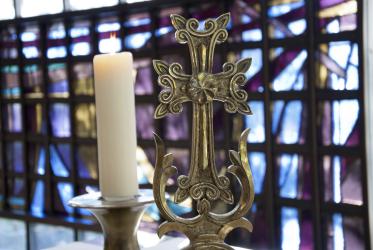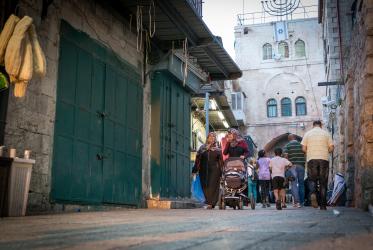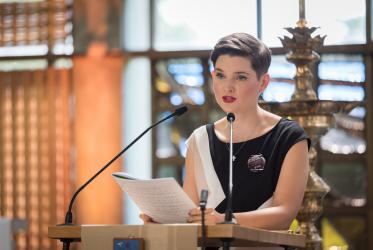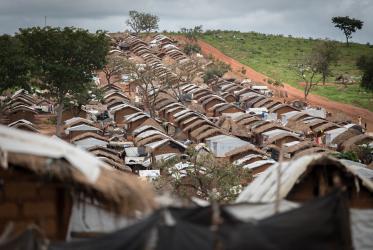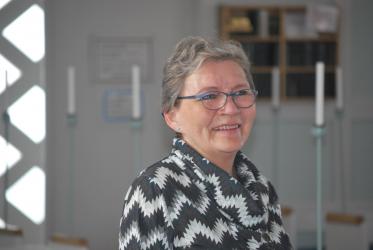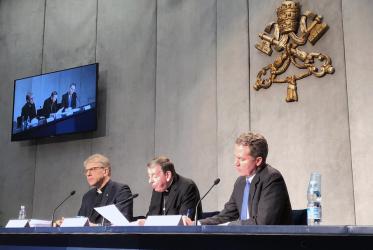Displaying 1 - 20 of 27
WCC releases minute on consequences of the 2020 Nagorno-Karabakh war
08 September 2022
Greenland’s grand Gospel preacher
07 February 2020
WCC deeply regrets USA stance on West Bank settlements
25 November 2019
A deeply rooted teacher and preacher
10 September 2019
A humble servant in God’s herd
10 July 2019
“There are no spare parts for whales”
13 June 2019
G7 must address famine
22 May 2017
Winners of WCC photo contest announced
09 May 2016
WCC welcomes resumption of peace talks on Cyprus
18 May 2015
